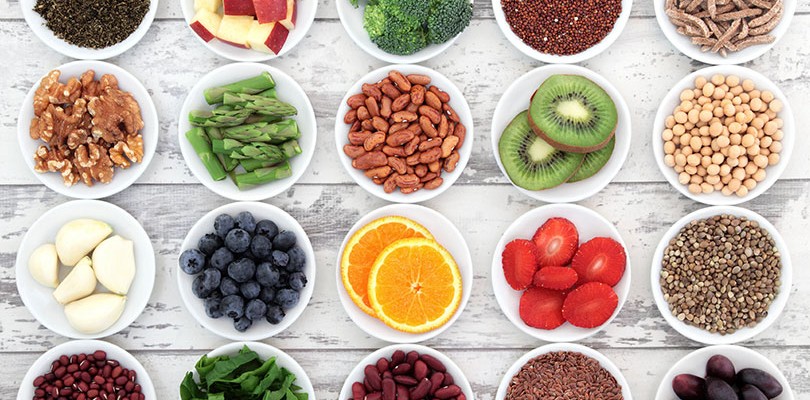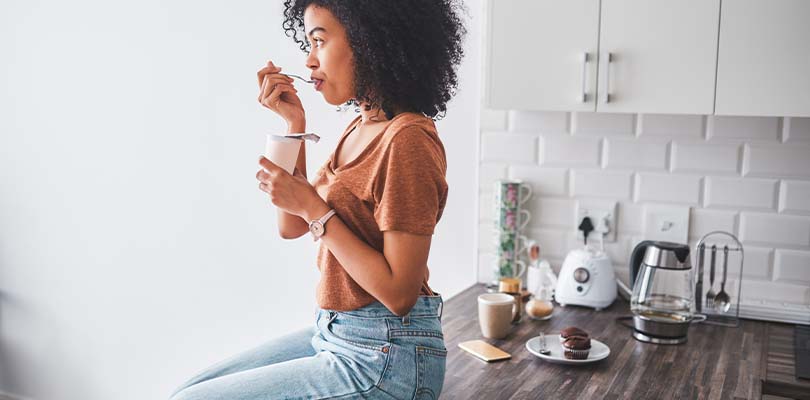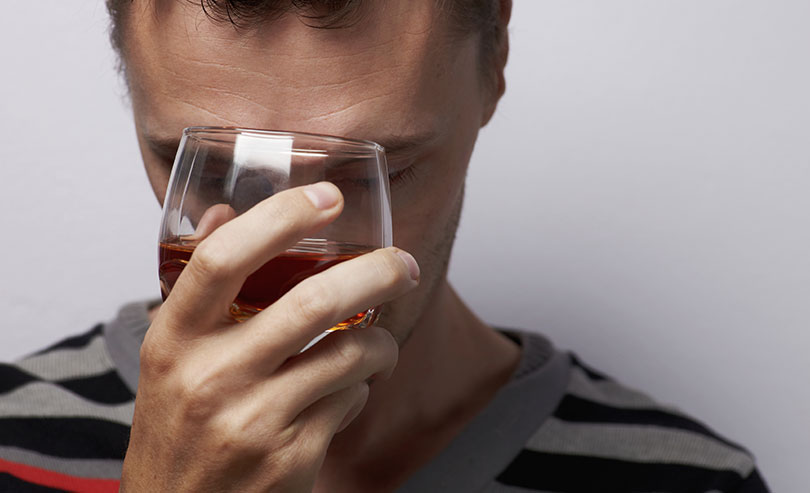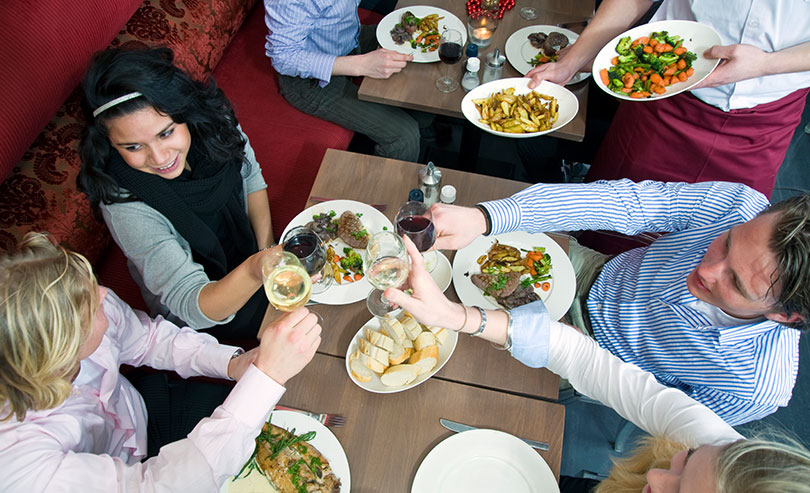
Photo Credit: marilyna / istockphoto.com
3. Check Your IBS Food Triggers
Hopefully, your IBS journaling will shed some light on the interactions of the food you eat and how you feel. In many ways, IBS is a very individualized illness – foods that are major triggers for some people will have no impact on others. Just because you heard that someone else can eat certain foods without issues does not mean that it applies to you. No. It’s not fair, but fairness is not a consideration with IBS.
Begin by staying away from chocolate, spices, fruits, beans, cabbage, alcohol, cauliflower, broccoli and milk. Some people claim that carbonated beverages actually help, while others swear against them. The goal is not to understand other people, only yourself. By decreasing your food triggers, you will limit your physical symptoms. Fewer symptoms will produce improved mood and lower stress.
Spasms caused by irritable bowel syndrome are common, uncomfortable, and sometimes debilitating. Here are some ways to reduce the frequency of spasms.







